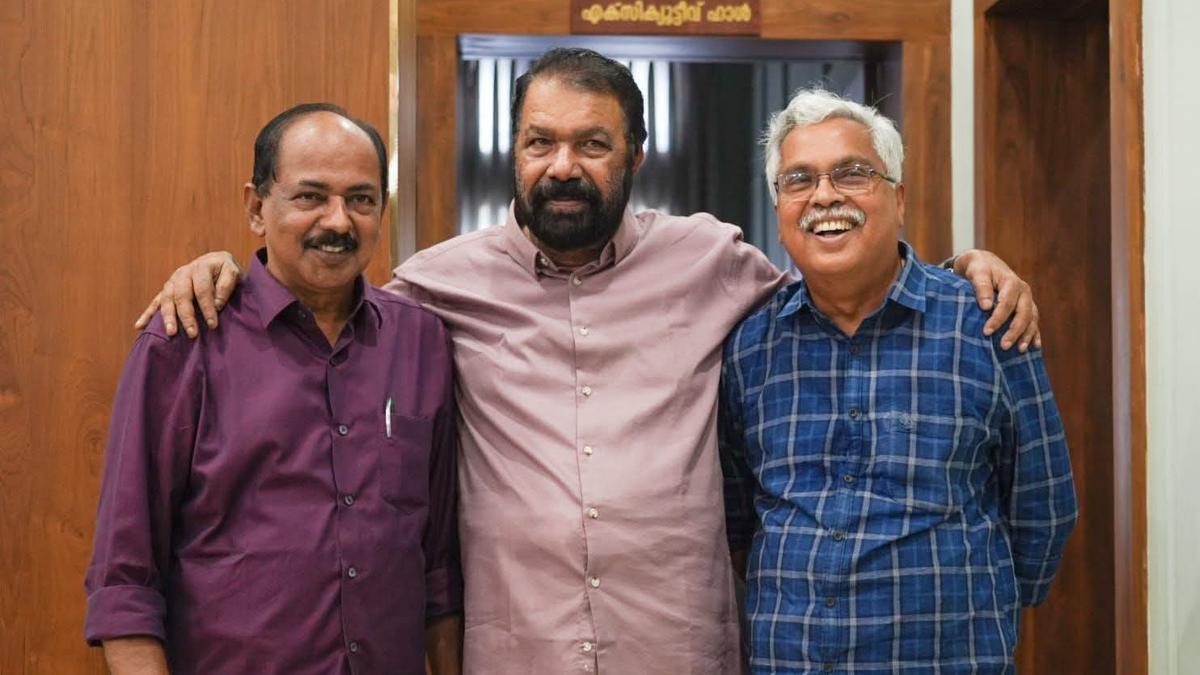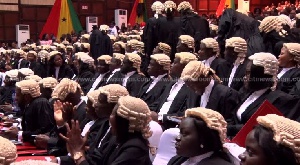Copyright thehindu

The Communist Party of India (Marxist) [CPI(M)] ‘s top leadership gathered at the AKG Centre here on Wednesday (October 29, 2025) to prevent a politically awkward boycott of cabinet meeting by Communist Party of India (CPI) ministers upset later in the day, with the government’s signing of the National Education Policy (NEP)-linked PM-SHRI scheme to secure federal funding estimated at ₹1,446 crores for school education, “without consulting” the Left Democratic Front (LDF) or the ministry. The CPI’s State Secretariat is convening at the M.N. Smarakam to weigh the seemingly fraught political situation. CPI State Secretary Binoy Viswam, Agriculture Minister P. Prasad, Revenue Minister K. Rajan, Civil Supplies Minister G.R. Anil and Animal Husbandry Minister Chinchu Rani are attending the meeting. Ahead of the meeting, Mr. Anil told reporters that grounds for optimism had emerged, and an immediate resolution of the disputation appeared to be in the offing. Both parties appeared to have signalled a keenness to avoid an embarrassing showdown in a crucial election year, which they felt could inadvertently advantage the Opposition. Close-door talks within CPI(M) Chief Minister Pinarayi Vijayan, CPI(M) general secretary, M.A. Baby, CPI(M) State Secretary M.V. Govindan, and Left Democratic Front (LDF) convenor T.P. Ramakrishnan held a closed-door discussion at the AKG Centre, reportedly to weigh the political situation and explore options to strike a “face-saving” middle way. Mr. Govindan had skipped several official functions in Kannur to dash to Thiruvananthapuram, indicating the importance of the AKG Centre meeting. A party insider said that “temporarily freezing” the PM-SHRI agreement, given the NEP’s “reactionary nature”, could be on the table. CPI wants Kerala govt. to take TN route The CPI had objected to PM-SHRI based on the contention that the scheme was linked to the “reactionary and Rashtriya Swayamsevak Sangh (RSS) inspired National Education Police, which allegedly seeks to centralise, commercialise and communalise school education”. The key LDF ally reckoned that the government’s “covert policy reversal” on PM-SHRI and NEP, which CPI felt risked making the party appear a subaltern partner to the CPI(M), was an affront to coalition ethos. The CPI(M) position that the government had adopted “a tactical line” to secure the urgent release of federal educational grants before they lapsed in 2027 did not seem to have cut any ice with the CPI. It had ruled out any implicit acceptance of NEP for federal funding. Instead, the CPI suggested that Kerala should have taken a cue from Tamil Nadu and hauled the Central Government to the Supreme Court for attaching political conditions to the release of the obligatory 60 per cent federal funding for key sectors, including education.



